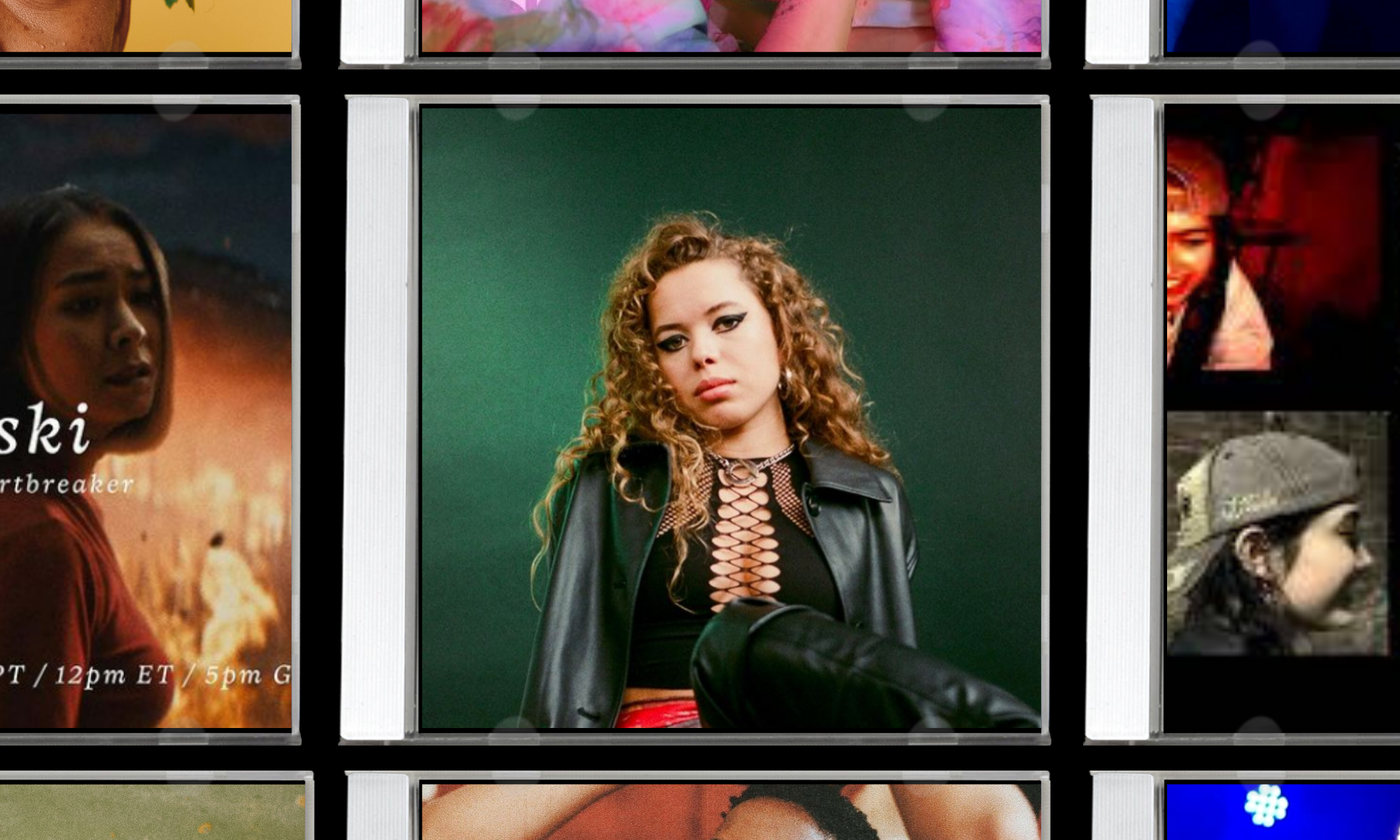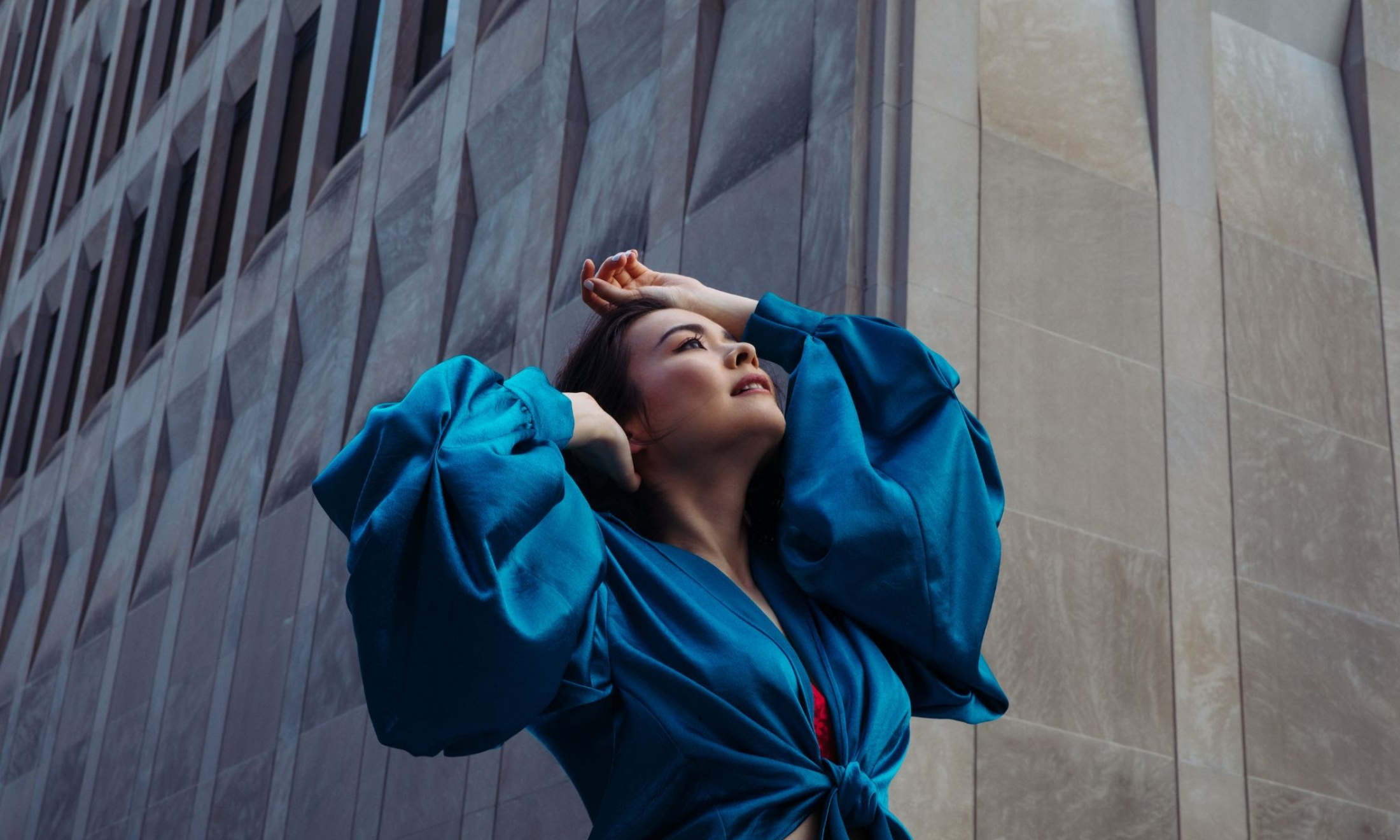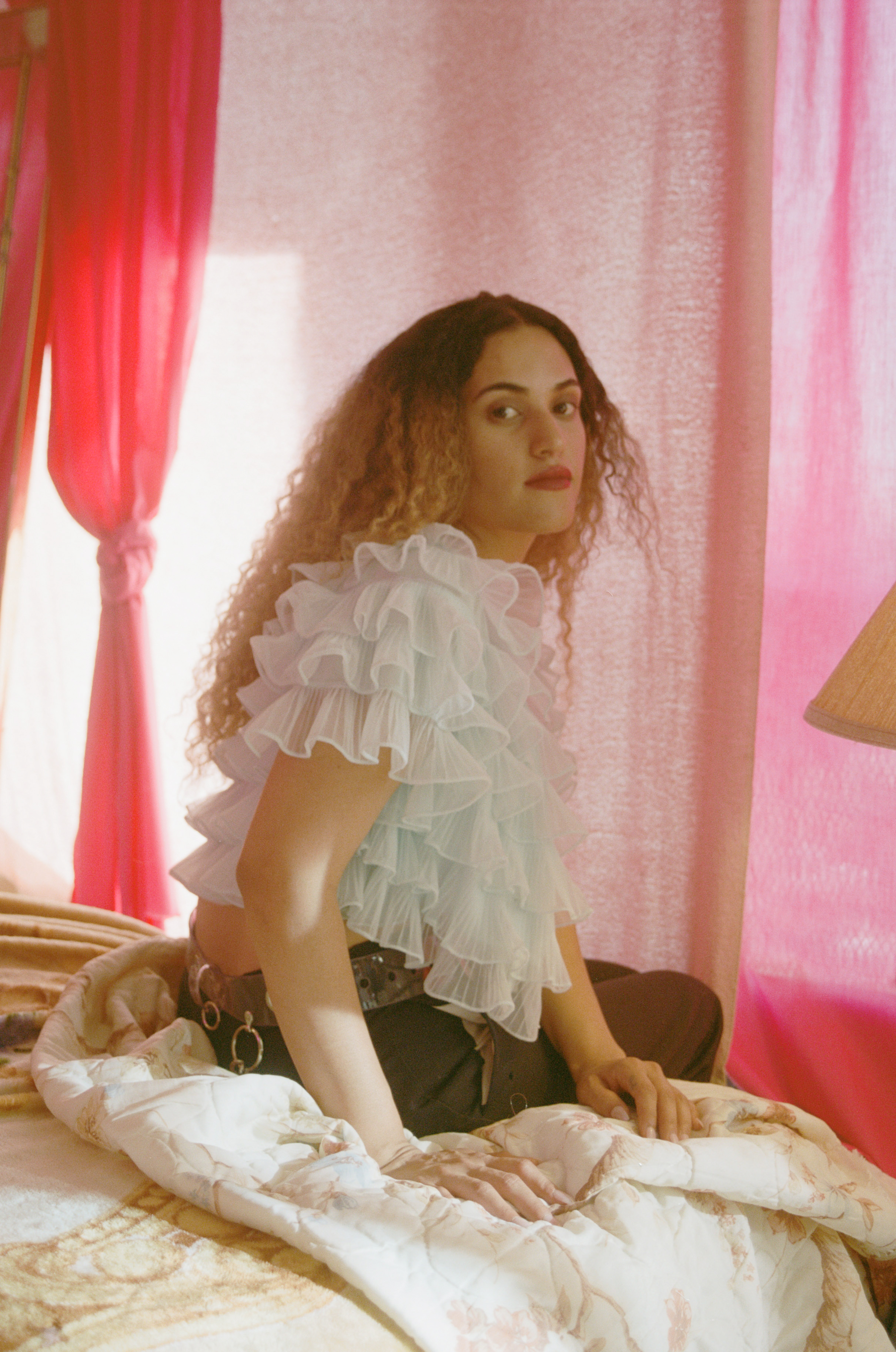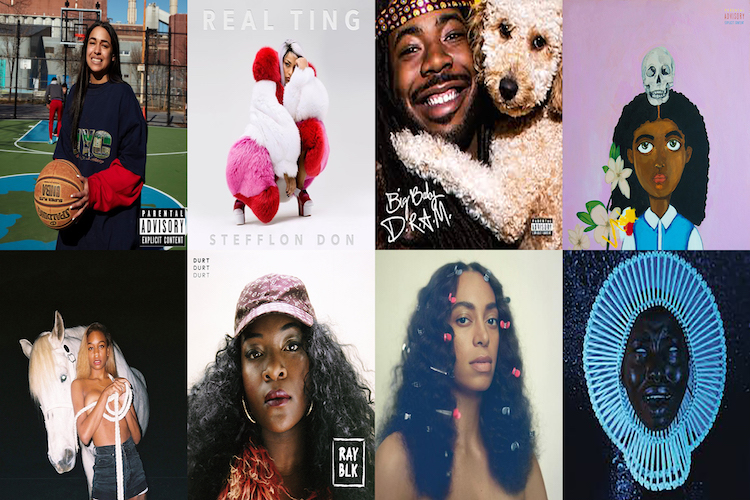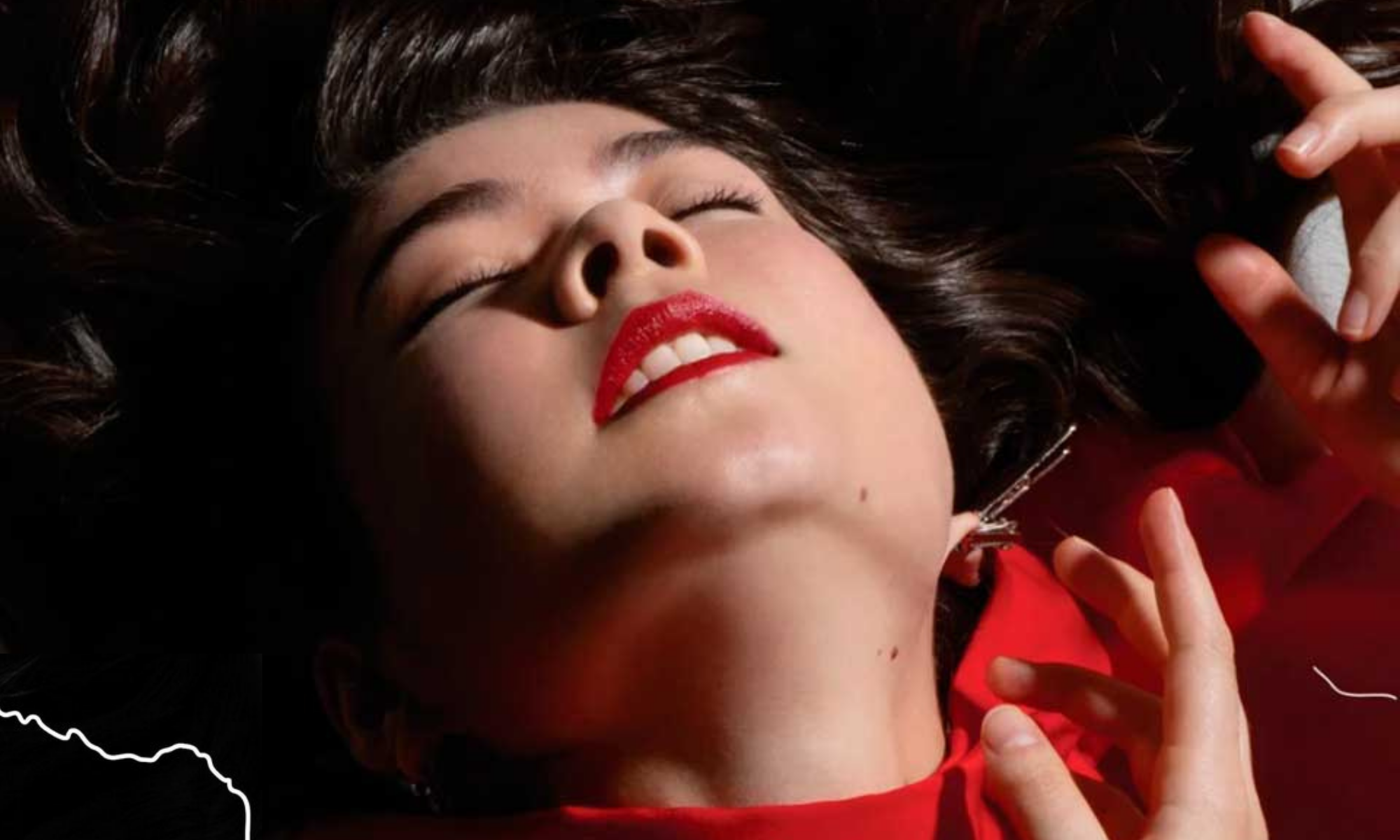
On Laurel Hell, Mitski shows us how big feeling small can be
Mitski’s storytelling does not take place across reams of sheet music. Its impact comes in simple, devastating blows that crack you wide open.
Cordelia Lam
04 Feb 2022
Listening to Mitski feels like the closest thing to total honesty.
Across her vast body of work, one thing is clear – Mitski has never been afraid to face herself. She holds up her songs as mirrors, reflecting exactly what she sees in herself – sometimes this is love, longing, infatuation. But often, it’s hollowing loneliness, bitter insecurity and caustic self-hatred. Confronted with our own weaknesses and mistakes, our instinct may be to flinch, to deny, to bargain. But Mitski has the audacity not to look away.
On Laurel Hell, her latest album after a four-year hiatus, Mitski continues to train her steely, unflinching eye on herself and all the discomfort within her, but now she replaces rage and fury with assuredness and reconciliation. “I start the day lying, and end with the truth”, she sings on ‘Working for the Knife’. This is what I come to Mitski for – truth, and ultimately, the audacity of self-acceptance. Resisting the compulsion to deny her own darkness and hide behind self-delusion, she magnifies those painful, yet beautiful, feelings of smallness that lie within all of us, and creates a space for all of us to come as we are.
Laurel Hell is named after the laurel bushes of the Appalachian mountains. They spring up in dense, inescapable blooms, and have been known to fatally entrap unlucky passers-by in their flowery grip. Mitski was taken by this image, the idea of “being stuck inside this explosion of flowers, and perhaps even dying within one of them”.
Juxtapositions like this – of beauty in death, darkness in mundanity – are native features of Mitski’s artistry. Her songs can sound and feel unsettling; a sense of unnerving jadedness seems to radiate from an unplaceable core within them. She sings like she knows something we don’t, like she sees through the lies we still tell ourselves. On surprise TikTok hit and Gen-Z crowd favourite, ‘Nobody’ from 2018’s Be The Cowboy, she dances around a sickly sweet pop melody whilst delivering some of her saddest ever declarations of loneliness: “I’ve been big and small, and big and small, and big and small again / And still nobody wants me”. She is even more unrestrained on ‘My Body’s Made of Crushed Little Stars’, from 2016’s Puberty 2: “I’d better ace that interview / I should tell them that I’m not afraid to die”, she screams.
“Like the flower bombs that so fascinate her, Laurel Hell holds darkness at its centre, but envelops it in the glittering optimism of 80s magic”
Mitski herself upends expectations as an artist. It’s a beautiful and distinctive sight – a small, soft-spoken East Asian woman screaming into an outstretched electric guitar at the top of her lungs, writhing above heaving crowds of rock fans. The space Mitski has carved out here, particularly in rock music with its mosh pit grandeur and fanatical pomp, is made all the more mesmerising by her refusal to be anything but herself in her music – difficult, honest, and totally intolerant of pretense.
Laurel Hell’s opener, ‘Valentine, Texas’, sounds like a blue lagoon cloaked in mist – placid yet full of secrets and things yet unsaid. “Who will I become tonight?”, she teases. Then, she transfigures into her true night-time form, a creature of “wet teeth and shining eyes”, just as the song explodes into a rain of synths – it’s a shimmering, metallic, pulsating rain, laced with orchestral strings and swoons. This is Mitski’s invitation to follow her into her world, where there is no lying about who you are, to “step carefully into the dark”.
The sonic world we step into on Laurel Hell is decidedly more pop-influenced than its grungy rock’n’roll predecessors, perhaps commensurate with the calmer, more resigned tenor of her current self-interrogation. This may be Mitski’s most “pop” record yet, featuring bold, bright production and ABBA-style electronic drama reminiscent of a disco dancefloor. On ‘The Only Heartbreaker’, Mitski steps into the role of the “bad guy” to the tune of frenetic, fatalistic guitar runs, channelling the soundscapes of A-ha and Depeche Mode. Like the flower bombs that so fascinate her, Laurel Hell holds darkness at its centre, but envelops it in the glittering optimism of 80s magic.
Born in Japan to a white American father and Japanese mother, Mitski grew up constantly displaced, moving between countries for her father’s job in the US State Department. As a result of this upbringing, she has described feeling like an outsider for much of her life. Maybe that is why Mitski’s music has always sounded like it’s been written by someone on the outside looking in, who observes the world but never fully lives in it, who feels safest retreating into their own mind.
“At various points in my life when I have felt small, alone and at war with myself, Mitski’s music has met me exactly where I am”
“Sometimes I think I am free, until I find I’m back in line again”, she sings on ‘Everyone’, a quiet, sticky, synthy number concluded with a melancholic piano flourish. It is a line so simple, with a pain so distilled, that it reads with the unblinking ferocity of a Sylvia Plath poem. Against an echoing drone of synth, she recalls the darkening of her inner life like some kind of biblical loss of innocence: “Like a babe in a crib after some big hand turns out the light / I opened my arms wide to the dark / I said take it all, whatever you want / I didn’t know what it would take”.
As is typical of Mitski’s songs, the album tracks are short and textured. Sometimes, they are over before you even realise they have properly begun. This is her way – Mitski’s storytelling does not take place across reams of sheet music. Its impact comes in simple, devastating blows that crack you wide open. “If I keep myself at home, I won’t make the same mistake that I made for fifteen years / I could be a new girl / I will be a new girl”, she sings, spelling out a logic of self-imprisonment to contain the fallout of her own mistakes. With typically heartbreaking brevity, she pleads with a lover on ‘Heat Lightning’ for permission to surrender her sense of self to them entirely: “There’s nothing I can do, not much I can change”, she resigns, “Can I give it up to you? Would that be okay?”.
At various points in my life when I have felt small, alone and at war with myself, Mitski’s music has met me exactly where I am. From the viscerality of the smallness she describes, to her hunger to be loved and proven wrong about herself, Mitski imagines herself faithfully on Laurel Hell as troubled, insecure, and sometimes even selfish in her insecurity. But nevertheless, she weaves her pain into dizzying and joyous 80s melodies, reminding me of how big it can still be, to feel so small.


